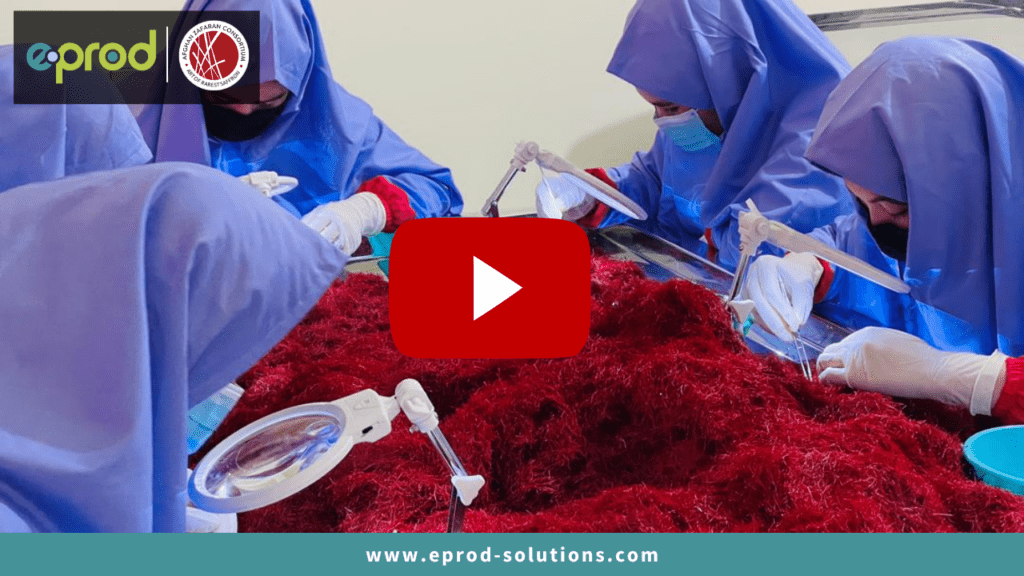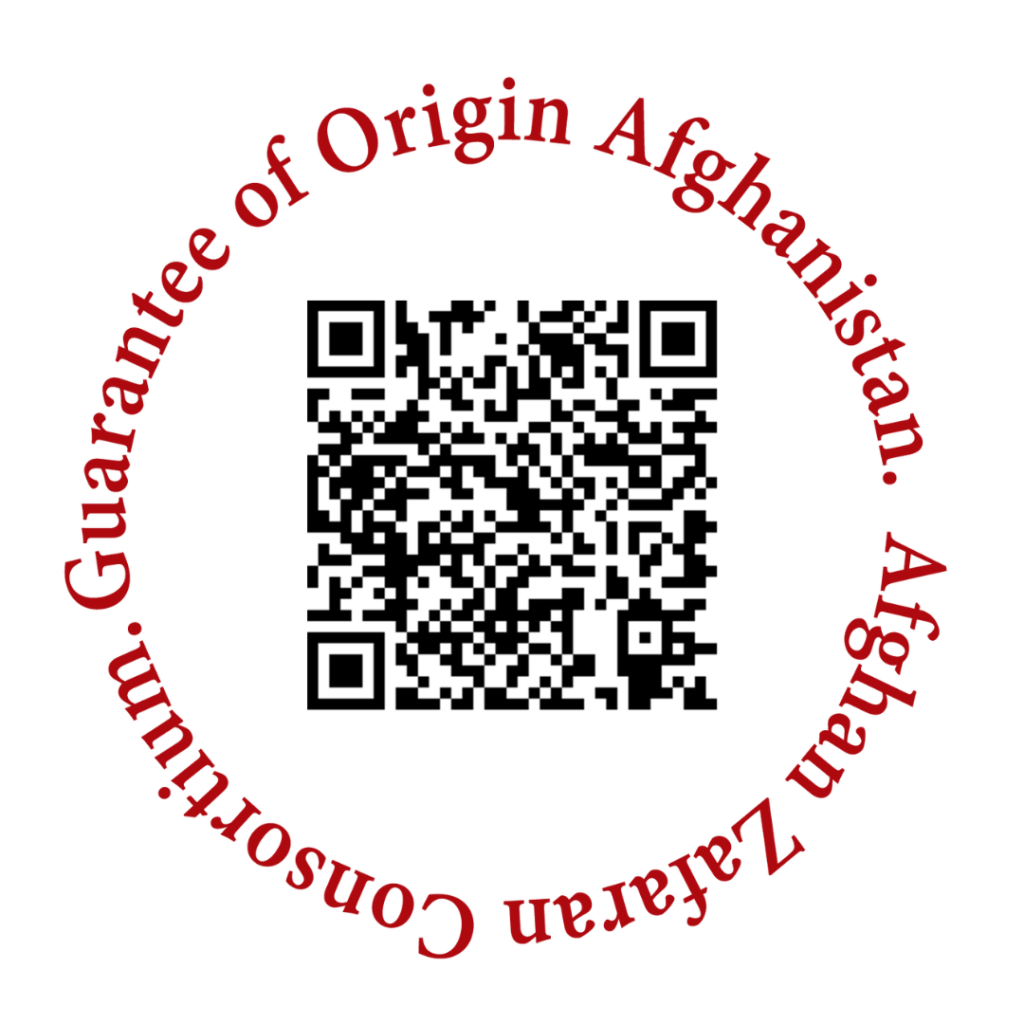
As the vibrant crocuses bloom under the sun, saffron pickers harvest the brightly colored flowers, marking the start of the new saffron harvest season in Afghanistan. Saffron isn’t just a vibrant addition to cuisines worldwide; it’s a spice valued for both its flavor and medicinal properties. It is also one of limited number of high value crops that can make an economic impact for the farmers in Afghanistan.

Over the last few years, the USAID funded Afghanistan Competitiveness of Export-Oriented Businesses Activity (ACEBA) Program has been working to strengthen the Afghan saffron sector in Herat and Mazar provinces of Afghanistan with the objective of making the local saffron traders more competitive in high-value international markets. A key constraint to saffron businesses in Afghanistan is an absence of effective food safety management systems, including integrated traceability and HACCP.
“ACEBA is currently supporting fifteen (15) saffron businesses with the development and implementation of individualized hazard analysis and critical control points, or HACCP plans. The project’s objective is to advance supported saffron companies toward an audit-ready position for HACCP and ISO 2200 certification, as it is a globally recognized standard for food safety management systems for the saffron businesses and it will show the commitment to producing safe food products and contribute to gaining access to international markets”, according to Donagh Houlihan, Deputy Chief of Party of ACEBA. HACCP is an internationally recognized tool for assuring food safety from primary production to final consumption.
A key component to a successful food safety system is the ability to identify and trace raw materials, components and products through all stages of receipt, production, processing and distribution. The objective is to equip, and train selected saffron companies with traceability software that enables them to conduct full traceability of their product, including upstream and downstream traceability that meet US and EU import requirements. eProd Solutions has successfully introduced full product traceability through its supply chain management software for twelve saffron businesses in Herat and Mazar provinces. In close collaboration with the program’s saffron experts and DAI’s Value Chain Leads, the system was customized to the needs of the saffron traders represented by the Afghan Zafaran Consortium.
The Afghan Zafaran Consortium originates from within the ACEBA project as the union of the most representative companies in the Afghan saffron sector. Its members have been selected for their professional backgrounds, experience in the industry, and willingness to collaborate with the objectives of the project.

With traceability in place, the branding of saffron from Afghanistan is a critical step to increase the benefit for the sector, therefore we have chosen a QR-code based verification system that provides environmental, governance and environmental, or ESG, information accessible via the world wide web. By scanning the QR code information about the batch is accessed at www.whoproducedthis.info.
The eProd software offers a range of services in 22 countries and over 50 different sectors, and when it comes to traceability it helps agribusinesses to provide the origin of their produce, ensuring transparency throughout the supply chain. For more information call or WhatsApp or reach out +254 112 203 982 via info@eprod-solutions.com
